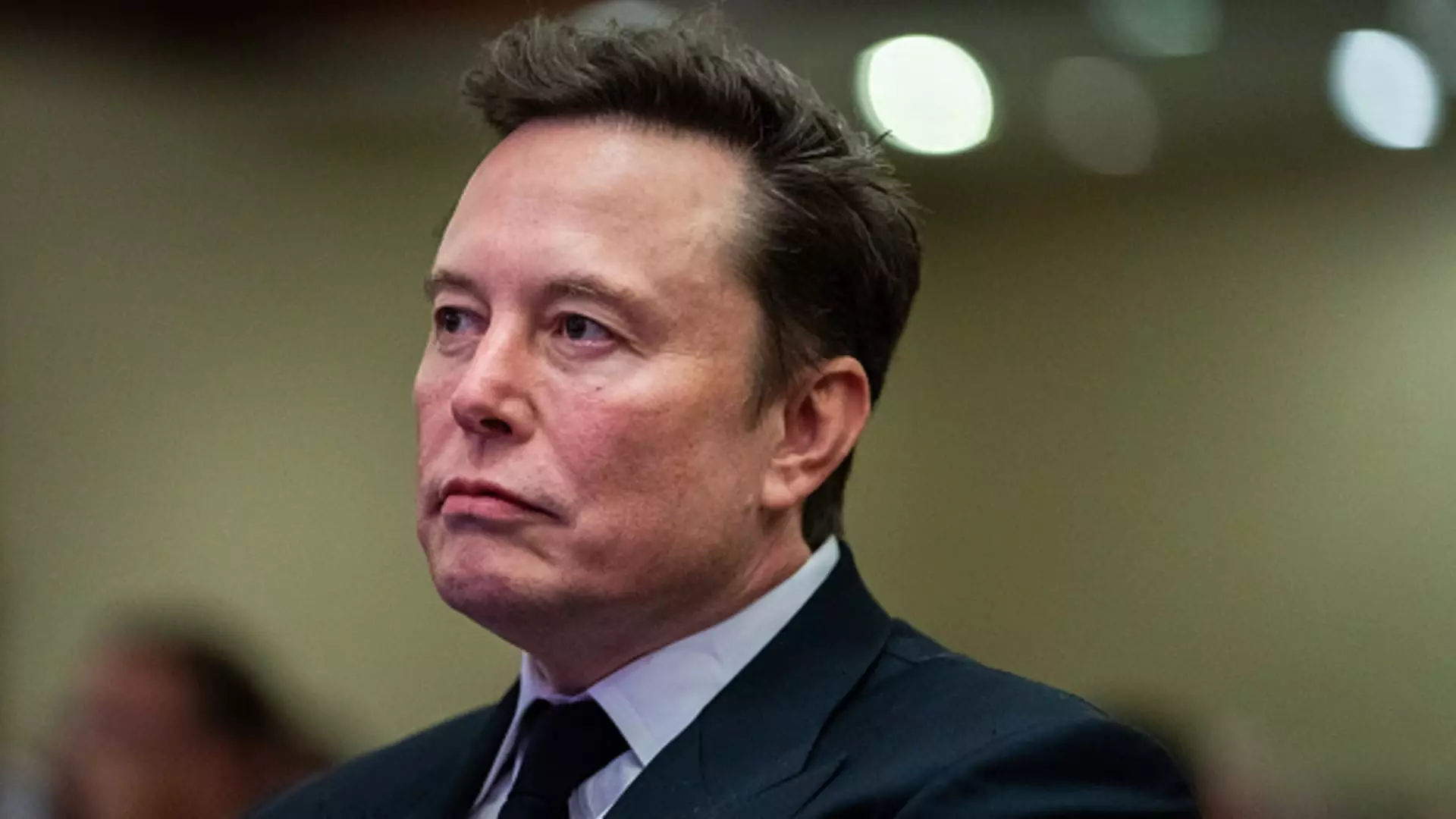The ongoing conflict between Elon Musk, the high-profile CEO of Tesla and SpaceX, and the U.S. Securities and Exchange Commission (SEC) has reached new heights, as the agency once again finds itself at odds with the billionaire entrepreneur. In recent social media posts, Musk revealed that the SEC has issued a “settlement demand,” a significant step in an investigation concerning his financial activities and disclosures related to Twitter’s stock. This episode illustrates not just a regulatory battle but also Musk’s unique approach to public relations, blending humor, defiance, and a bit of theatrics.
Musk disclosed the SEC’s demand in a post that included correspondence from his attorney, Alex Spiro. The letter indicated that the SEC was pressuring Musk to agree to a settlement that would involve financial penalties, claiming that he would otherwise face charges related to his stock transactions involving Twitter. The agency’s inquiry revolves around whether Musk or associates engaged in securities fraud while he was buying up Twitter shares—an undertaking that coincided with his major financial maneuvers involving Tesla. Musk’s exposé of the SEC’s tactics reflects a broader narrative: that of a powerful figure facing what he perceives as undue scrutiny from governmental bodies.
However, the situation has become complicated, as reports suggest Musk was given more time to respond than the 48-hour deadline he highlighted. This inconsistency raises questions about transparency and the nature of the negotiations between Musk and the SEC. The SEC’s internal processes, potentially leading to further legal actions, operate within a context that is often opaque for the public. In circumstances where a settlement cannot be reached, the issuance of a Wells Notice may occur, indicating a potential escalation that Musk and his team would need to navigate carefully.
This current investigation is not the first encounter Musk has had with the SEC. In 2018, he faced civil securities fraud charges stemming from his infamous tweet about taking Tesla private at $420 a share—a move that resulted in substantial fines for both him and the company. That incident established a fraught relationship, with Musk frequently vocalizing his disdain for the regulatory body. Since then, his criticisms have only escalated, advocating for what he views as a necessity for innovation unfettered by bureaucratic oversight.
Musk’s disdain for the SEC intersects with his evolving political affiliations, particularly his recent alignment with conservative figures following his substantial financial contributions to right-wing campaigns. This shift has led to allegations of politicization of regulatory scrutiny, as Musk and his defenders question whether SEC actions against him are part of a broader campaign influenced by political motives, potentially even involving the White House. Spiro’s letters to Gensler reflect a growing tension, challenging the foundation of regulatory authority and demanding clarity regarding the motivations behind the agency’s actions.
In a spectacle characteristic of Musk, he infused humor into his critique of Gary Gensler, the chair of the SEC. Musk’s posts, including an AI-generated image of Gensler as a snail wearing a suit, serve to bolster his public persona as an unshakeable figure in the tech world—a stark contrast to the serious implications of regulatory scrutiny. This blending of serious financial matters with irreverent banter reveals Musk’s strategy in handling controversies: he often adopts an “improv” style that thrives on jest, potentially challenging the seriousness of the scrutiny he faces.
Musk’s turbulent relationship with the SEC further complicated by ongoing lawsuits regarding his Twitter dealings, illustrates the intricate dance between public figures, corporate responsibility, and regulatory frameworks. For example, the Oklahoma Firefighters Pension and Retirement System’s allegations against Musk highlight the concerns regarding investor information and market fairness. The suit suggests that his actions might have misled shareholders, thereby increasing scrutiny on both his business practices and the implications of his public statements.
The SEC’s insistence on compliance and transparency among public figures highlights a fundamental tension: the need for oversight in markets that are increasingly influenced by personalities like Musk. As technology continues to reshape industries, the role of regulatory bodies becomes central to maintaining a balance between innovation and ethical governance. The unfolding of this saga will likely shed light on how modern entrepreneurs navigate their multifaceted roles as innovators, public figures, and legal subjects.
The contentious relationship between Elon Musk and the SEC extends beyond personal rivalry; it’s a reflection of larger issues within finance, governance, and the evolving landscape of regulation in an age dominated by powerful personalities and rapid technological change. As the next chapter in this saga unfolds, it will not only impact Musk’s future but also set precedents for how similar situations may be managed going forward.


Leave a Reply